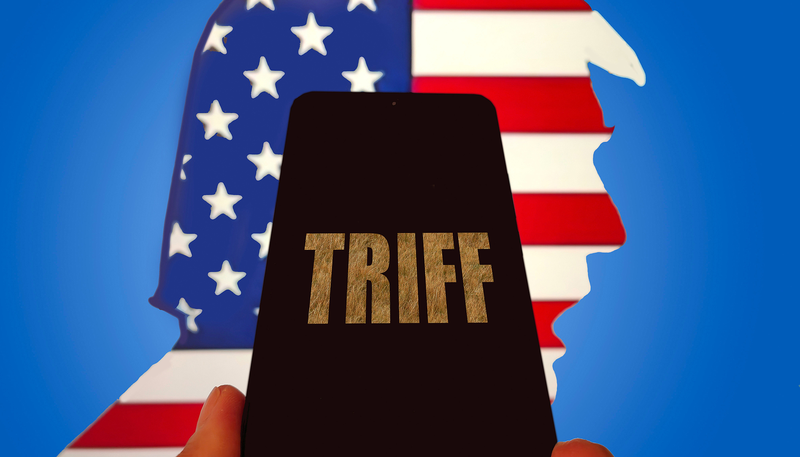Recent U.S. tariff announcements under President Donald Trump have ignited fresh debate in the United Kingdom, threatening not only economic growth but also the nation’s sense of identity amid evolving global trade dynamics.
The tariff scoreboard reveals a mixed picture: while some goods face a modest 10 percent rate, key sectors such as steel, aluminum, and automobiles are hit with tariffs as high as 25 percent. With potential pharmaceutical tariffs on the horizon, the UK economy—which has long struggled to sustain robust growth—now faces new challenges.
Efforts to mitigate these impacts have centered on securing a deal with the United States. Negotiators had discussed the possibility of alleviating trade tensions by reconsidering the contentious Digital Services Tax, a measure that has drawn disapproval from major U.S. tech companies. However, these diplomatic efforts have not yet yielded a clear solution.
This development underscores a deeper dilemma. Since the end of World War II, successive UK governments have championed free trade and nurtured a close transatlantic relationship with the United States. Yet, public sentiment has often reflected skepticism—echoing debates from past controversies and even the recent Brexit referendum.
Today, Prime Minister Keir Starmer finds himself balancing conflicting economic and political priorities. Economic analyses suggest that deeper integration with European Union markets could offer returns far exceeding those anticipated from enhanced ties with the United States.
The situation is a delicate balancing act. With divergent trade standards—such as those concerning food regulations and other policy arenas—the United Kingdom is positioned at a crossroads. As the country aspires to serve as a bridge between Europe and America, its ability to maintain this dual alignment will require innovative and nuanced strategies.
In an interconnected world where trade policies shape national identities, the ripple effects of these tariffs extend beyond mere economic calculations. They spark critical debate about the very fabric of the UK’s role on the global stage.
Reference(s):
cgtn.com




